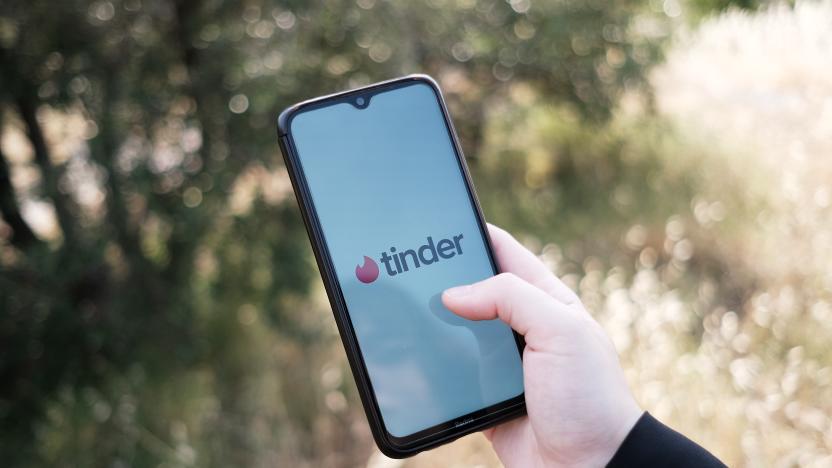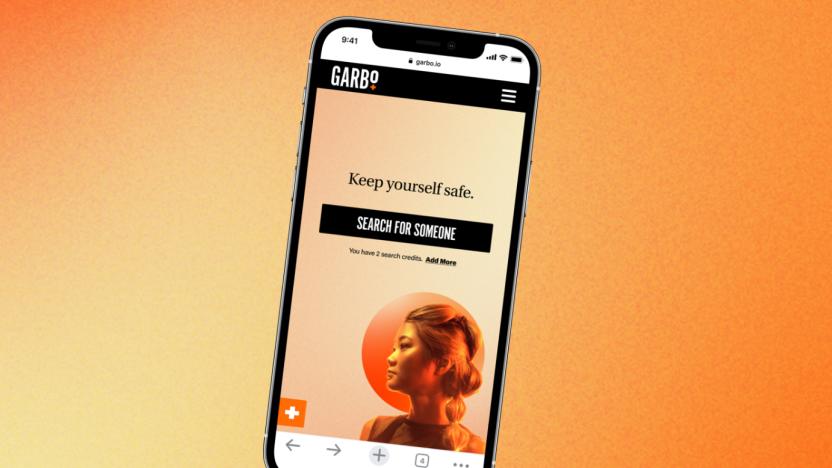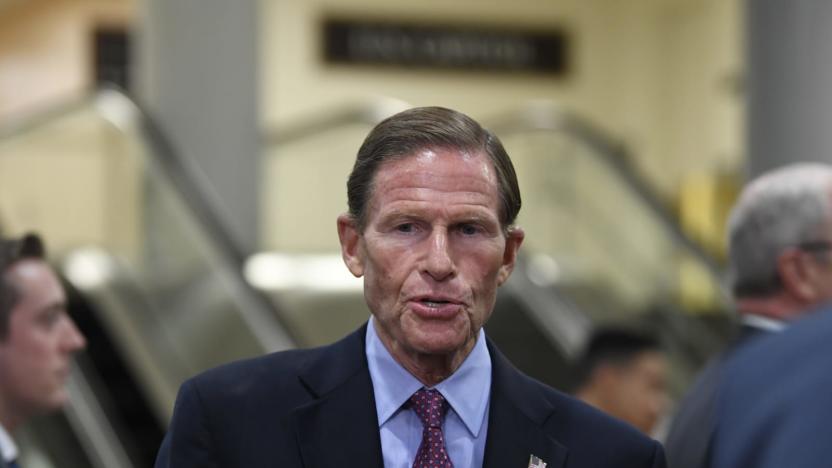background check
Latest

Tinder is losing the tool it uses for background checks
The background-checking tool used by Match Group to offer a safety feature for Tinder users is shutting down. The non-profit and female-founded Garbo, which the dating app conglomerate has partnered with since 2019, will shut down its consumer tool at the end of August. “Most tech companies just see trust and safety as good PR,” Kathryn Kosmides, Garbo’s founder and CEO, told The Wall Street Journal, which published a report on the severed partnership. “I’d rather Garbo shift focus to our other efforts than allow the vision of Garbo to be compromised and relegated to a piece of big corporations’ marketing goals.”

Tinder now lets you background check your matches
Non-profit service Garbo can help determine if matches have a history of violence.

Senator urges Uber and Lyft to run fingerprint background checks
A senator has called on Uber and Lyft to share details with each other about contractors they've banned to clamp down on dangerous drivers who've been kicked off one platform signing up to the other. Sen. Richard Blumenthal (D-Conn.) has also urged them to conduct fingerprint background checks on drivers.

Lyft will run ‘continuous’ background checks on its drivers
A lot can happen in a year, so it's probably wise that Lyft will no longer rely solely on annual background checks for its drivers. The ride-sharing company will now run daily criminal monitoring of its active drivers and will receive immediate notification of any disqualifying criminal convictions. Lyft will also keep a closer eye on identity fraud and will require drivers to carry both a license and an up-to-date photo of their face.

India's capital city bans Uber following sexual assault
Uber is no longer allowed to operate in New Delhi, India's capital city, after a woman was allegedly raped by one of its drivers. In an interview with India's Economic Times, local transport chief Satish Mathur says that the company misled customers by using vehicles with the wrong permits and has never applied for permission to operate in the city. A common complaint about the ride-sharing service is that it neglects safety-and-background-checks for its drivers. That appears to be the case here, since the alleged offender was working while out on bail for sexually assaulting a woman in a cab he was driving in 2011. In a statement, Uber CEO Travis Kalnick says that the company will do everything to support the victim and "bring this perpetrator to justice."

AOptix e-Gate could improve global airport security, replace ID checks with iris scans
You're certainly not alone if you think that the current airport security process is far from ideal. AOptix hopes to streamline and speed up security procedures by replacing manual boarding pass and ID checks with a biometric kiosk called e-Gate. The new system, which verifies passenger identities by matching an iris scan with a boarding pass, just received (IATA) approval, and is currently being tested in three airports around the world. It's not as slick as a similar concept we saw earlier this summer, but e-Gate could be implemented with a trusted traveler program, creating special lanes for pre-approved frequent fliers -- similar to the US Customs Global Entry system in place today. We don't see it replacing X-ray machines and check-in interviews, but it could remove human error from the equation -- at least when it comes to verifying your identity. Jump past the break for the full scoop from AOptix, or you can check out the system for yourself at the Future Travel Experience in Vancouver. Update: e-Gate is in fact a potential component of Checkpoint of the Future, which we saw conceptualized in June.%Gallery-133007%

IATA's Checkpoint of the Future uses biometric IDs to separate do-gooders from terrorists (video)
This, ladies and gentlemen, could be your Checkpoint of the Future -- a new airport security prototype that promises to move away "from a system that looks for bad objects, to one that can find bad people." Unveiled at the IATA's annual conference in Singapore yesterday, the setup is comprised of three, 20-foot long detectors -- one for "known travelers," one for high-risk flyers, and one for everyone else. Instead of funneling passengers through the same checkpoint, then, the prototype would use eye scanners and biometric chips to verify their identities and analyze their personal history, before dividing them into groups. People who complete and pass government background checks would waltz through the fast pass lane with their carry-on luggage in tow, whereas those deemed particularly risky would have to undergo a more intensive, full-body scan within the "Enhanced" security lane. The rest of us, meanwhile, would be directed to the "Normal" detector, which would automatically scan us for liquids, metals and everything that is evil. The IATA says this risk-based approach would reduce security lines and lower airport costs, but it would still require governments to share data on their own citizens, which could pose a major hurdle to widespread adoption. For now, the IATA and governmental agencies are still hammering away at the details and have yet to announce a pilot program, but you can check out an audio-less demo video of the prototype, after the break.





